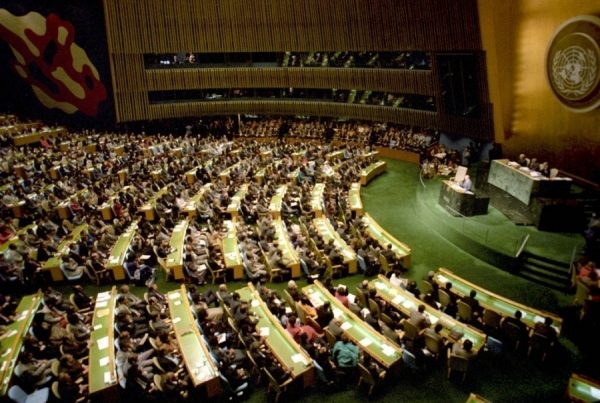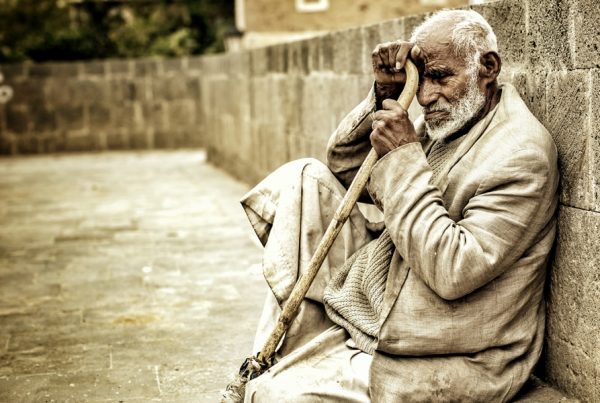Power cuts are becoming more frequent in Yemen. In the past few days, electricity supplies have been off for more than 20 hours a day. Sometimes this is due to repeated attacks on power lines and other times down to the absence of diesel fuel at the power stations. Either way, this problem is turning people’s lives upside down. Securing electricity has become the single greatest concern for locals and the incredible hunger for electricity in Yemen makes you think that life revolves around the search for energy and little else.
The misery of residents in coastal cities – where life without electricity is very difficult – makes the electricity problem seem less calamitous in cooler cities. Rather than faint because of the heat, as some do in coastal Al Hudaydah to the west, in Sanaa it is one’s phone and laptop that wilts due to the absence of power.
Electricity problems affect every aspect of your life and senses, but they also reflect badly on the performance of the government. While the government’s recently announced austerity cuts are designed to stem billions of dollars in losses, these cuts may also trigger popular protests against the president and his cabinet.
But it is on a personal level, rather than a political one, that the absence of electricity is most keenly felt: people’s lives are turned upside down, and with it their clarity of thinking.
A simple call to a friend that you haven’t spoken to in a long time becomes a nightmare as you worry about prolonging the conversation and depleting your phone’s battery. Based on whether there will be power available, you decide where you will spend your day, have your meetings or even where your daily social session of chewing khat will take place. And don’t even try to convince other friends to come to your home if you don’t have access to a generator.
Before leaving home you have to make sure you have your electronic chargers with you – checking that you have makes you feel like a warrior who checks his weapons and ammunition before going to battle.
You have to do this because you would consider yourself irresponsible if you happen to be in a place where there is electricity and you didn’t have your chargers with you.
Whenever you leave home, parting words become “be sure to charge the devices if the electricity comes back” instead of “take care”.
You find yourself delirious with joy if there’s a generator at your destination and you are able to arrive back home with your devices fully charged.
And then there are the email autoreplies: “Unfortunately, I could not reply to your email on time because of the very frequent power cuts,” is one of the most common replies. If you ever get such a response, it will almost certainly have come from Yemen.
The sound of private generators has become the most common and repeated melody around Sanaa, although these are an exclusive franchise for the rich.
Like always though, someone’s catastrophe is also most probably someone else’s good fortune.
That’s because the electricity problem Yemenis are facing has presented a golden business opportunity to a few lucky people.
Take Emad Al Sakkaf, who sells solar panels.
Mr Al Sakkaf turned from being an employee, quarrelling with his managers for a raise to his meagre salary, into a pioneering and wealthy man who runs a business unmatched by his peers.
This is in addition to the social status granted to him by his good fortune. He is a young man who was previously marginalised in society. After he established his business he became a very important person, because he had something everyone else wanted.
These are just some of the psychological issues of living without electricity. It would take far more space than is available here to detail the economic, security, political, investment and health losses incurred by the country and its citizens because of the lack of electricity – losses that amount to hundreds of millions of dollars a year.
Yemen is home to approximately 25 million people. Its powerplants produce as much electricity as a medium-sized power plant in other countries. Yemen generates about 1,000 megawatts while Cyprus, whose population is around 1.1 million, produces about 4,00 megawatts. As is often the case in Yemen, a combination of lack of resources and widespread corruption are keeping most of us in the dark.
Farea Al Muslimi is a Yemeni activist and writer
On Twitter: @Almuslimi






